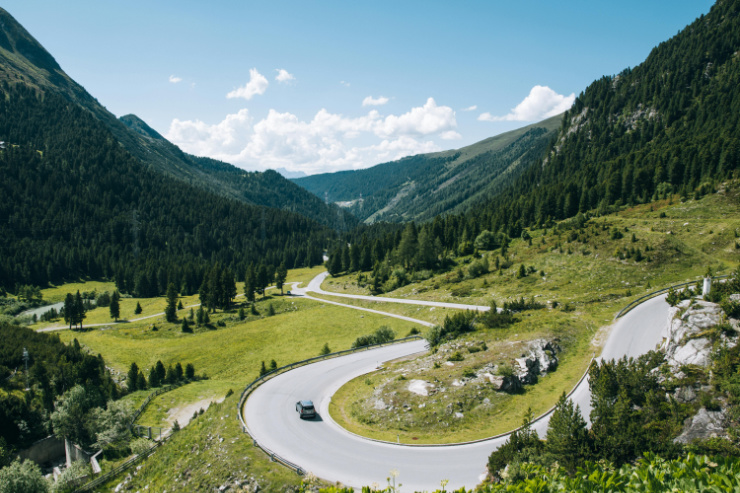Safe and fun exploration of far-off locations depends on dependable navigation and communication tools. Access to offline maps, GPS software, and other communication channels will greatly improve your experience whether your car drives to a remote location, or you are trekking over wilderness paths. Preparing with the correct tools and technology will help you immerse yourself in nature’s beauty safely, remain in touch with other guests, and boldly negotiate unexplored areas. This tutorial describes the main tactics for using offline maps, investing in communication gear, and using local resources to improve your off-grid path.
Utilise offline maps and GPS
The dependability of navigation equipment is vital when straying from the norm, as when touring Scotland’s picturesque paths with a campervan. Download offline maps and GPS apps before leaving to guarantee access to thorough paths and areas of interest, free from depending on cell data or Wi-Fi. Many programs let you bookmark particular areas for quick access, which is vital in far-off places with poor signal strength. A physical map also helps you negotiate when technology fails and offers a more complete view of the location. Choosing a campervan from a reliable provider, ensures that your vehicle is equipped with the necessary navigation tools and amenities for a seamless journey. By opting for a trusted service, adventurers can focus on enjoying the rugged beauty of Scotland without worrying about logistical hiccups. This blend of modern technology and traditional tools guarantees a hassle-free experience on the road.
Invest in a satellite phone or emergency beacon
In far-off places where conventional cell networks are not accessible, a consistent means of communication can save lives. Purchasing a satellite phone guarantees that you can contact loved ones or get aid no matter how far off the grid you travel. On the other hand, since an emergency beacon sends distress signals to rescue operations when triggered, it might give comfort. Both choices provide a vital safety net that lets you confidently explore, knowing you will be in touch should unanticipated events arise.
Pack portable power sources.
Maintaining connection when touring far-off places depends on your gadgets staying charged. Without access to conventional energy, portable power sources—such as solar chargers and power banks—can offer a consistent means to keep your devices running. Extended excursions benefit especially from solar chargers since they use sunshine to replenish your equipment during the day. A high-capacity power bank can be a lifeline for charging several gadgets overnight or during bad weather. Packing these basics will help you stay in touch and access vital data throughout your trip.
Use two-way radios for communication
Particularly where mobile signals could be erratic, two-way radios can be a good method to keep in touch with other passengers. These devices are perfect for organising events or ensuring everyone is safe on trips since they allow quick communication over different distances. Many models improve their value in remote locations by including weather alerts and many channels, which provide two-way radios into your off-grid equipment, which can help you create camaraderie and security while exploring the great outdoors.
Stay connected with a mobile hotspot
Even in more outlying areas, a mobile hotspot can offer useful connectivity to the internet. Using a portable Wi-Fi device lets you link several devices to the internet, enabling navigation, updates, and friend and family correspondence. Some areas may have restricted coverage; hence, be sure you select a hotspot with a strong data plan covering the places you intend to travel. This adaptability keeps you in touch and lets you obtain vital information while on the go or post experiences on social media.
Make use of local resources for communication
Using local resources will help you greatly improve your communication capacity when you venture off the main road. Many rural villages give access to public phones, internet cafés, or local libraries, giving chances to interact with the outside world. Local citizens can also be a fantastic source of knowledge on the finest local communication choices. Using these tools keeps you in touch and enhances your vacation experience through community interactions and insight into the local culture.
Essential techniques for guaranteeing safety and connectivity while visiting far-off locations are using offline maps, investing in dependable communication gear, and using local resources. Even in places with poor mobile coverage, travellers may confidently and keep communication with others by preparing with instruments including satellite phones, portable power sources, and two-way radios. Furthermore, interacting with nearby towns improves travel experiences using cultural interaction, augmenting communication choices. Travellers who give these factors top priority will be able to remain connected and safe while enjoying their off-the-beaten-path experiences.

